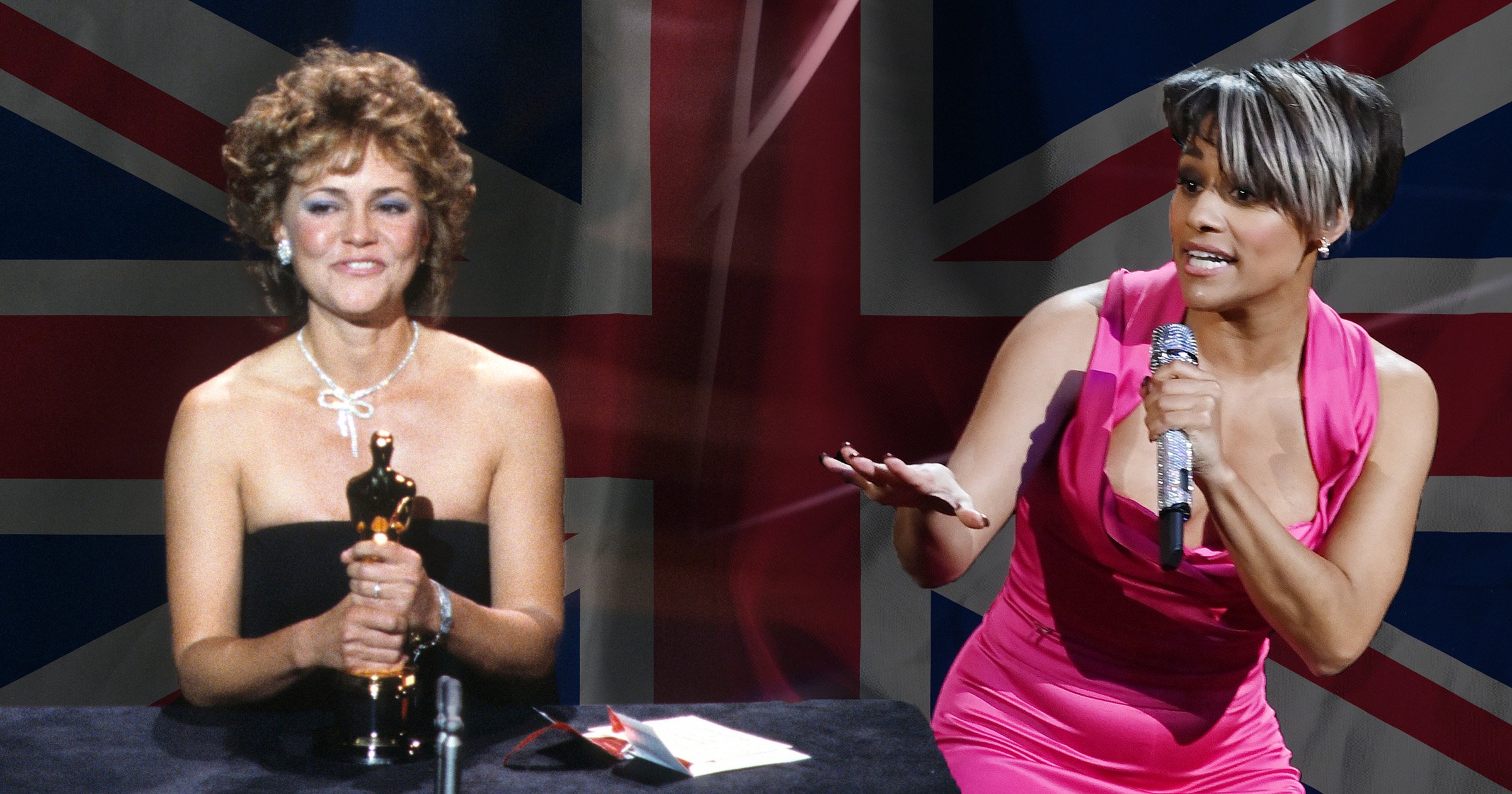
Awards season 2023 has officially come to an end following last night’s 95th Oscars, and it’s been .
These glitzy, star-studded ceremonies give plenty for audiences to chew over – both – each year, and it’s always the unplanned moments or that tend to drive reaction the next day.
We certainly saw that at last year’s Academy Awards with soon-to-be best actor Oscar winner bestowed on , as well as in previous ceremonies such as the 2017 best picture mix-up between La La Land and Moonlight.
This year, the took centre stage in a rather well-behaved awards season following a bit of a showbiz shake-up to its format, including a dynamic opening number by Ariana DeBose and a new backstage studio interview format with co-host .
Some viewers seemed initially horrified by these changes, with one announcing of : ‘This has unlocked for me. Like I can’t. I need a day off to recover.’
Others taking exception at the Baftas’ content included veteran actor Phil Davis, who said he had in protest after the ‘toe-curling’ awards show, which he slammed as an ‘embarrassing travesty’, as well as for missing Bernard Cribbins from the In Memoriam segment (Bafta has since confirmed he will be in May).
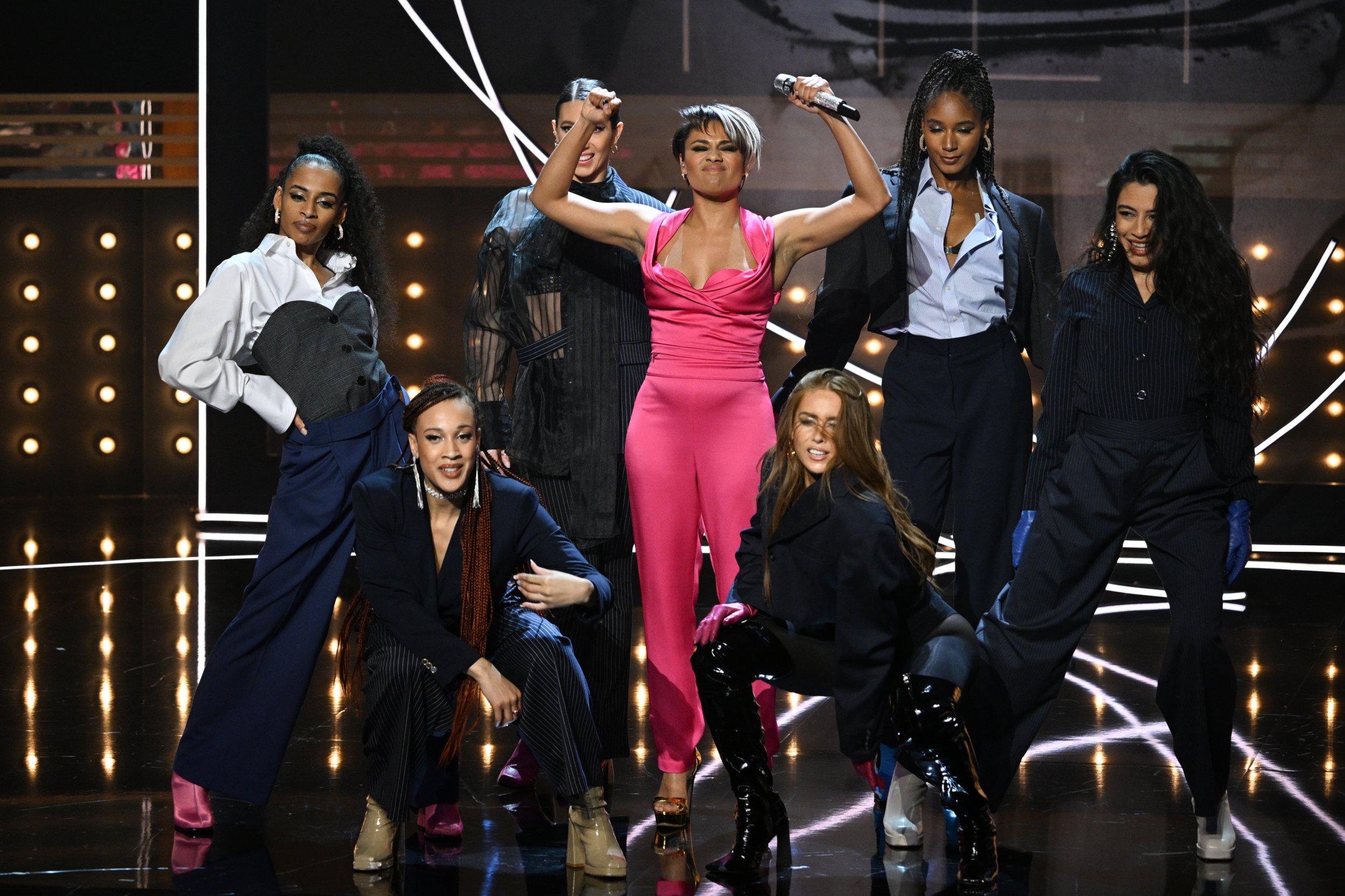
So just what is it about that Brits seem to have a problem with? And was that a fair reaction to this year’s Baftas?
‘We’ve seen snazzy, starry musical performances at the Baftas before so personally it didn’t feel like a massive shift, although this one was particularly energetic,’ Anna Smith, film critic and host of the Girls On Film Podcast tells Metro.co.uk.
‘The backstage chats were a bigger change. As someone sitting in the ceremony watching them on screen, they took me out of the action and felt quite “daytime TV” in tone, though Alison had a great energy when she came on stage.’
‘Awards ceremonies have to be constantly changing. We’d complain if they didn’t,’ points out James King, film critic, presenter and author.
‘Maybe those changes don’t always strike gold but it’s still better than a show feeling stale.’
Ashanti Omkar, film and TV critic and broadcaster agrees, seeing it as a way to appeal to younger audiences where ‘parts worked, others didn’t, and there were some crucial omissions which seem to happen with televised shows, which caused a lot of furore’.
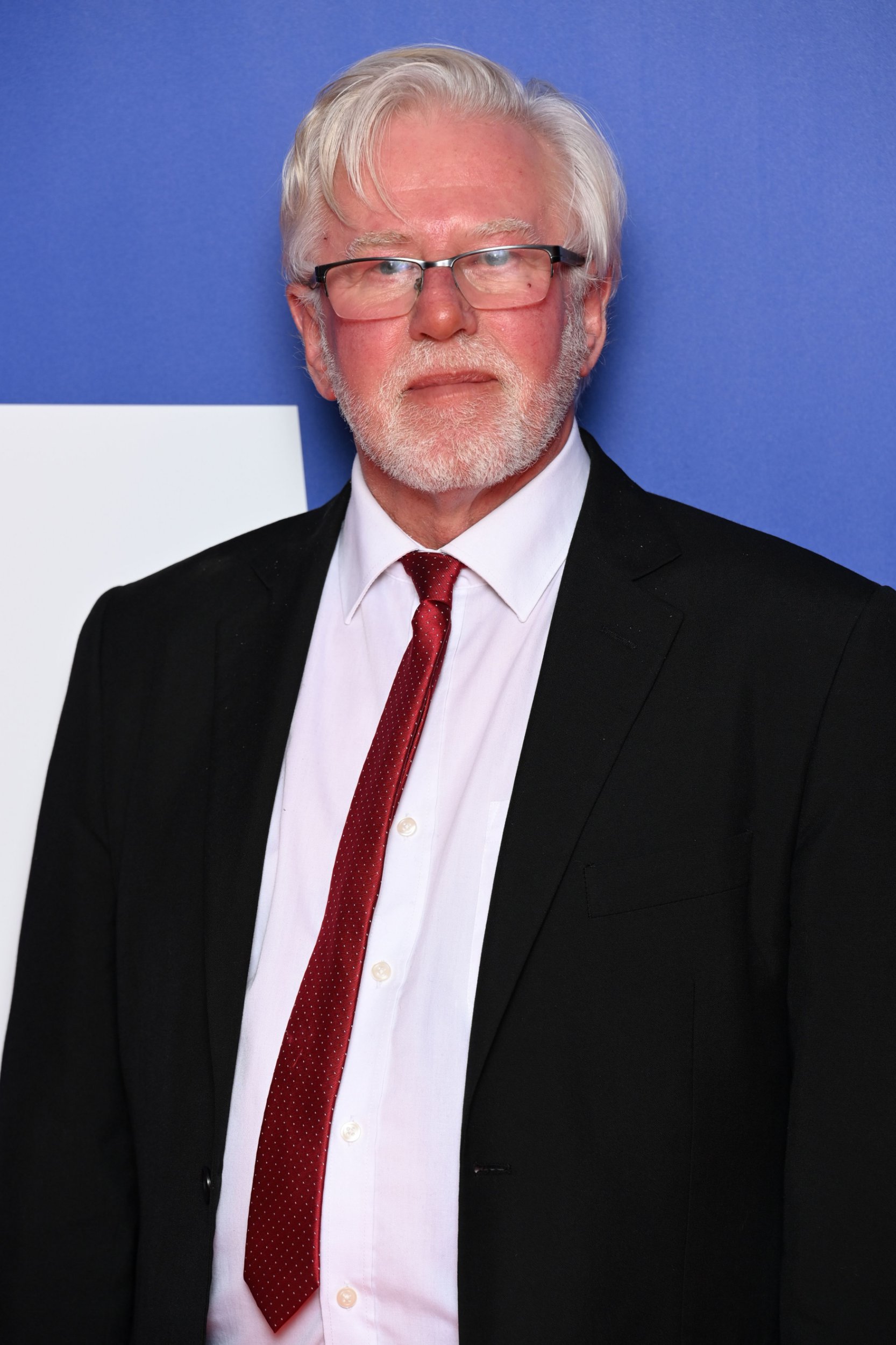
She adds: ‘My major concern was that all the non-white talent were in a performative and decorative capacity, . That’s what marred this event for me. The imbalance was very blatant this year after progress was made in previous years with talent like Lashana Lynch, Bukky Bakray, and Michaela Coel winning and doing big things with their careers.’
Justin Trefgarne, screenwriter and head of screen acting at MetFilm School, has sympathy for the awards organisers trying to ‘feel relevant and competitive and part of the whole razzmatazz of awards season’.
‘We are awash with awards ceremonies at this time of year and my heart goes out to the people who have to sit in room trying to plan something that will stand out. However, my issue with the more “showbiz” approach is the British are just so much more cringe-conscious than our more exuberant American friends. The danger is it ends up feeling like it’s over-rehearsed and we’re trying just a little bit too hard to impress. The Brits are very suspicious of such things.
‘But what are the alternatives? It’s a bit of a “damned if you do, damned if you don’t” situation as far as I can tell. It’s a hell of a lot easier to slag something off than to actually do it!’
British etiquette coach William Hanson is pretty blunt in his opinion of awards ceremonies, as someone with more of an outsider’s view on them.
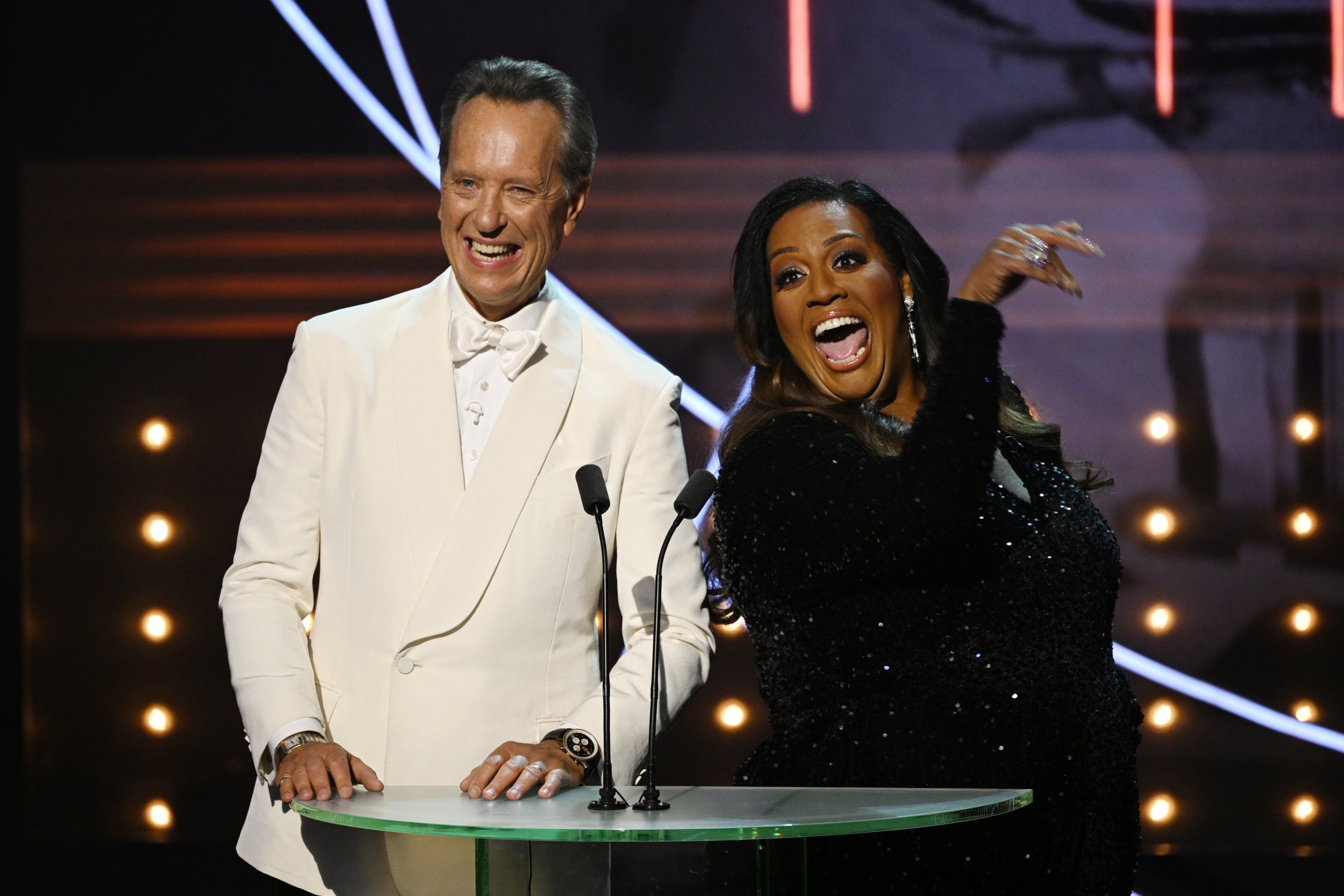
‘To be honest, I have never watched the Baftas for longer than 10 minutes and didn’t watch it this year at all, other than social media clips in the days after. Why the media thinks people would be that interested in watching an industry event is always baffling.’
Diving further into the criticism of the ‘Americanisation’ of the Baftas and why viewers at home may have had such a strong reaction, Smith labels DeBose’s performance a ‘bracing and fun’ opening number, if somewhat ‘strategic’ as a way of ‘redressing an inevitable imbalance’ in gender and diversity when it came to winners, who were all white.
‘I guess if you flick through to the Baftas on TV at home without being warmed up with a scene-setting champagne reception then you might go in with more scepticism! It’s true that it didn’t feel very British,’ she concedes.
King adds: ‘I’ve been to the Baftas several times and it’s so much more exciting in real life than on TV. You really get a sense of the occasion when you’re in the room.
‘Ariana’s rap was a bit of fun. It probably played better in the room than on the telly. This was prime time Sunday night viewing on the BBC, after all. It’s a space normally occupied by Call the Midwife. A lot of TV viewers were probably annoyed before the show even started.’
Favourite off-the-cuff awards ceremony moments?
‘I was actually on TV on the official Sky broadcast of the Oscars during the La La Land/Moonlight best film mix-up. I was sitting on the Sky sofa in the UK with Alex Zane and co, and we were all relaxing, watching the US feed, thinking we were about to clock off now the night was over. Then the mix-up was announced, and we were all thrust back on to react to the news live. My immediate thought was pity for the La La Land crew! I couldn’t sleep after that, despite an all-nighter and broadcast the next day: it was an historic moment for sure.’ – Anna Smith
‘Jamie Lee Curtis speaking about her parents and acknowledging being a nepo baby at the Sag Awards was quite the moment!’ – Ashanti Omkar
‘That infamous Moonlight mix-up certainly reinvigorated me at 5am after a long time trying to stay awake. Travolta’s ‘Adele Dazeem’ moment also springs to mind. Joaquin Phoenix having a go at dairy farms after winning Best Actor. Gaga and Bradley Cooper looking like they should get a room singing Shallow – I think I’m still recovering from that.’ – James King
‘David Niven’s immaculately suave response to a streaker who ran across the stage at the 1974 Oscars: ‘It’s fascinating to think that probably the only laugh that man will ever get in his life is by stripping off and showing his shortcomings.’ It takes a certain kind of cool to pull that out of the bag in front of millions of people, which is probably what the Baftas, and indeed the Oscars, miss these days – the laconic, detached old-school movie stars who appeared to just glide in and out of such things.’ – Justin Trefgarne
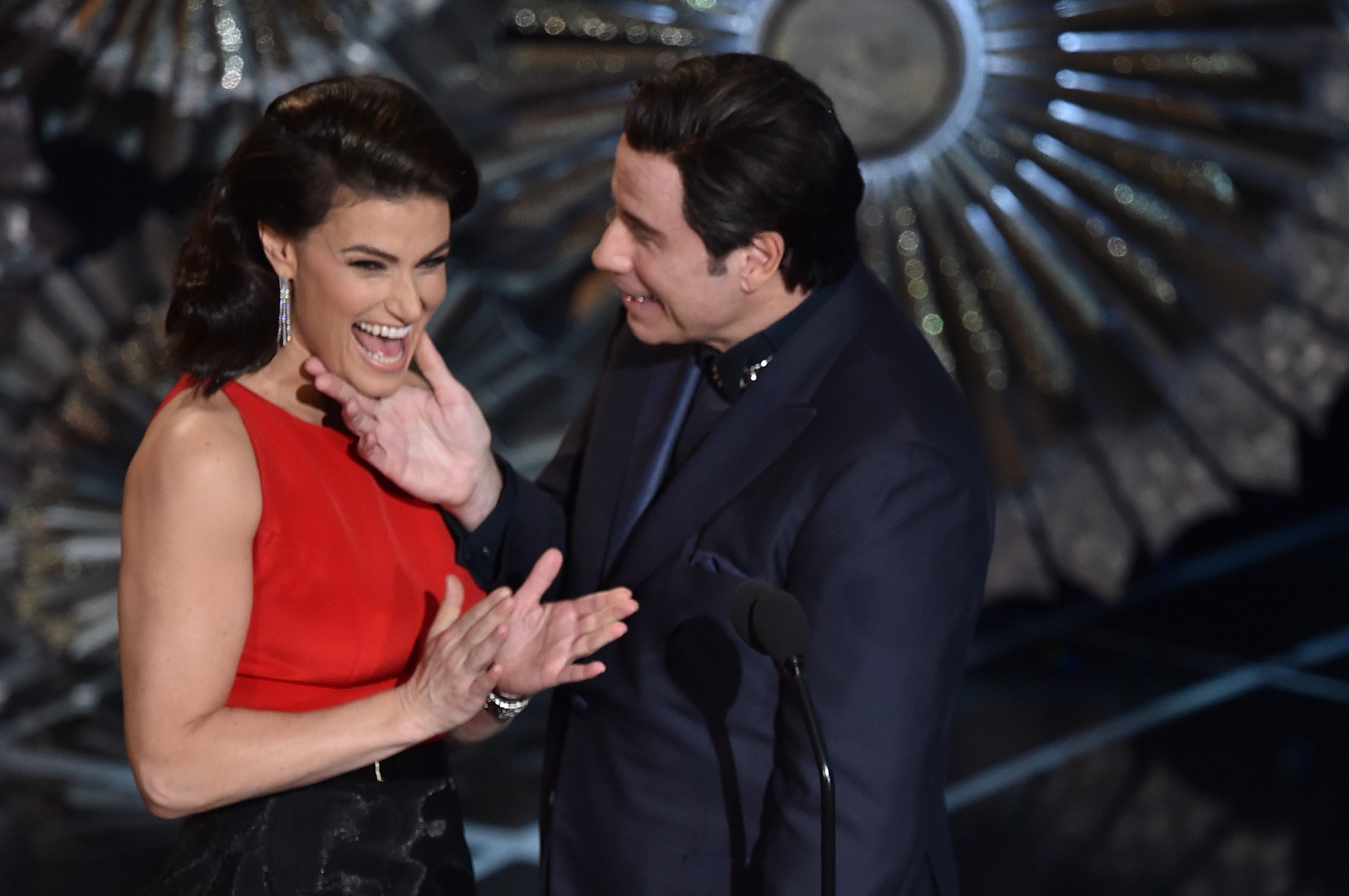
Omkar, a judge at the 2023 , also defends DeBose as ‘a superb performer’ and states that ‘celebrity culture is very much a part of British life’. However, she feels the delayed live event broadcast nature of the Baftas – requiring quick editing decisions to be made on the spot – didn’t help.
‘It can make the event feel worse than it is. I agree that some people should not have been interviewed as fillers, but considering they wanted this to feel happy and celebratory, they did what they felt would draw future sponsors.’
Trefgarne sees it as an issue of balancing entertaining a British audience with appealing to an international crowd.
He explains to Metro.co.uk: ‘I think the days of dry, slightly stiff Britishness are well and truly over. They tried to temper the cringe I think with Dame Helen Mirren’s affectionate tribute to the late Queen. It’s a bit like the funeral of Princess Diana – old school Brits wincing at Elton John bashing out England’s Rose while the more international – dare I say it – less repressed viewers were loving it.
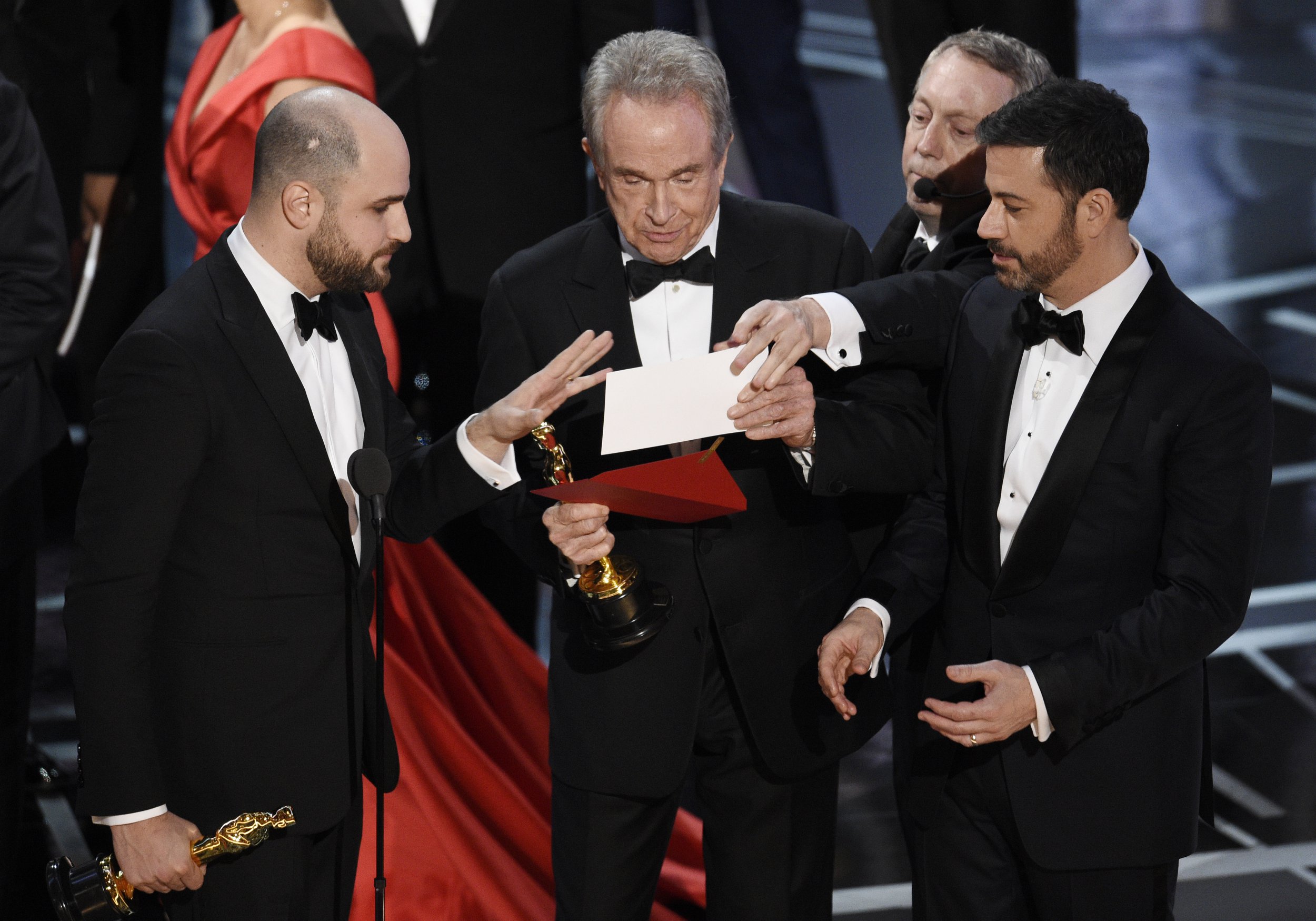
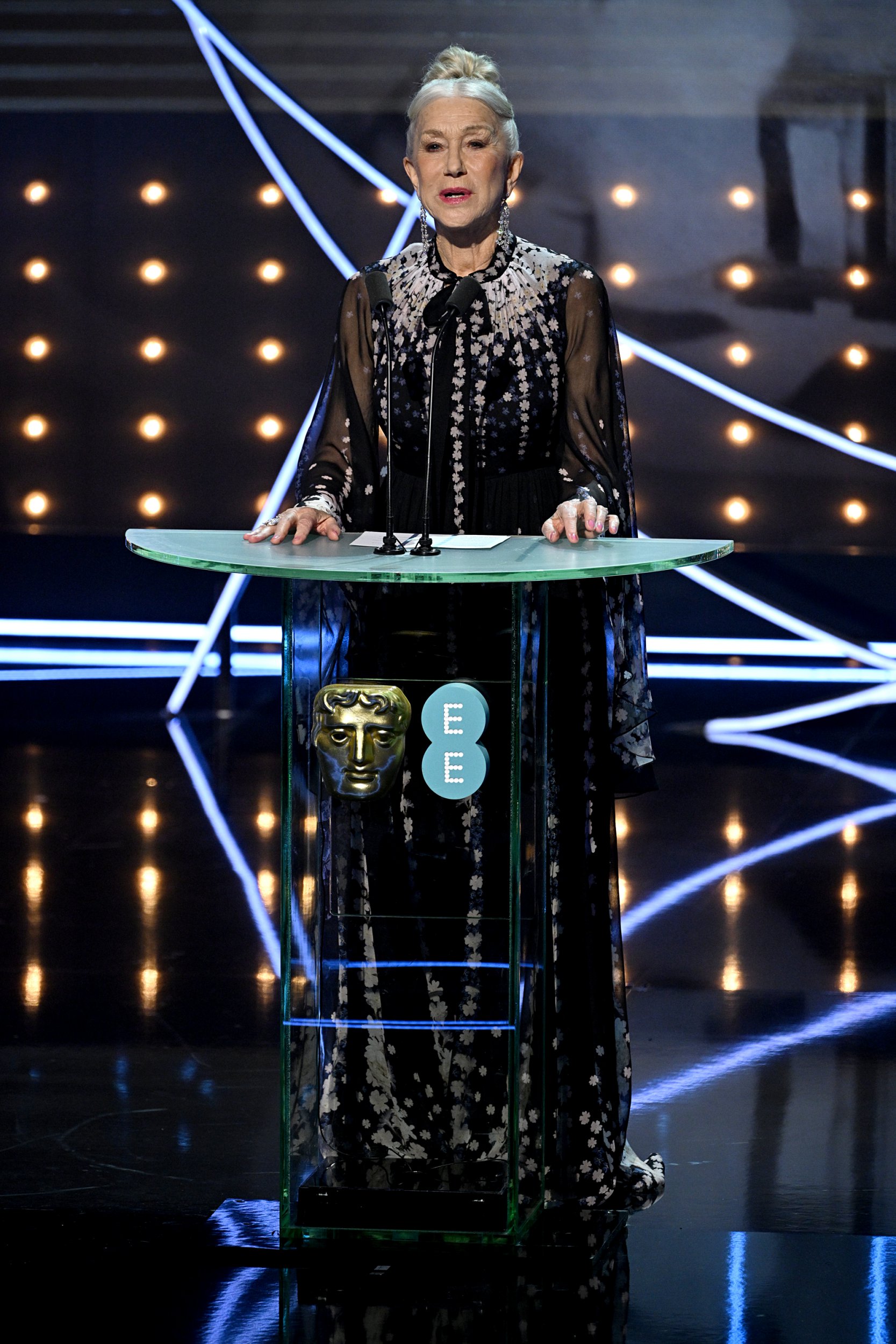
‘The UK is a cosmopolitan, inclusive place these days and this move towards a more populist, less elite idea of the filmmaking community is as much for the international viewers as anything.’
Hanson can offer his view on why there was a bit of a Baftas backlash this year from a British perspective, pointing out that it ‘jarred for many’ because it was a break from the usual way of doing things – and Brits ‘generally don’t like change’.
‘The first year of innovation is usually met with outrage, uproar and consternation. In the second year the attitude shifts to “well, we did it last year, so we’ll do it again” and by year three it’s a tradition.
‘But in an event meant to celebrate the British film industry and talent both sides of the camera, it was an odd move to get an American to perform the homage. Generally, in Britain we are less showy and brash than in America. People may have reacted badly as they felt their own national identity was being minimised in favour of the American psyche.’
This is something that Dr Sarah Bishop can speak on, with 20 years’ experience in her field.
Best awards ceremony attended and why?
‘A recent favourite was this year’s Critics’ Circle Film Awards. Why? It was relatively short. Even the celebrity guests praised it for its brevity. There’s a lot to be said for cutting to the chase!’ – James King
‘The British Independent Film Awards are always fun, people relax and have a good old boogie! Director Andrea Arnold is a great dancing buddy.
‘As host of the Girls On Film podcast, I am now involved in planning the Girls On Film Awards, our second ceremony rewarded many women and films who have been overlooked by other major awards ceremonies, such as The Woman King, while also recognising Oscar contenders.’ – Anna Smith
‘Newport Beach Film Festival UK Honours, which was an absolute delight. I was dazzled by how this event was orchestrated and curated. Seeing homegrown talent like Michael Ward, Aimee-Lou Wood, Gemma Chan, Naomi Ackie, Letitia Wright, Taron Egerton, Bella Ramsey and India Amarteifo collecting awards felt on point. This felt like a real celebration of the UK as it looks now.’ – Ashanti Omkar
‘Well, I have only been nominated once and that was for an Emmy – so that was obviously my favourite! I even spent a few seconds imagining what it would be like to actually win as the nominations were announced. Of course, I didn’t win, but LA is a wild place, and I had a fantastic time so zero regrets there.’ – Justin Trefgarne
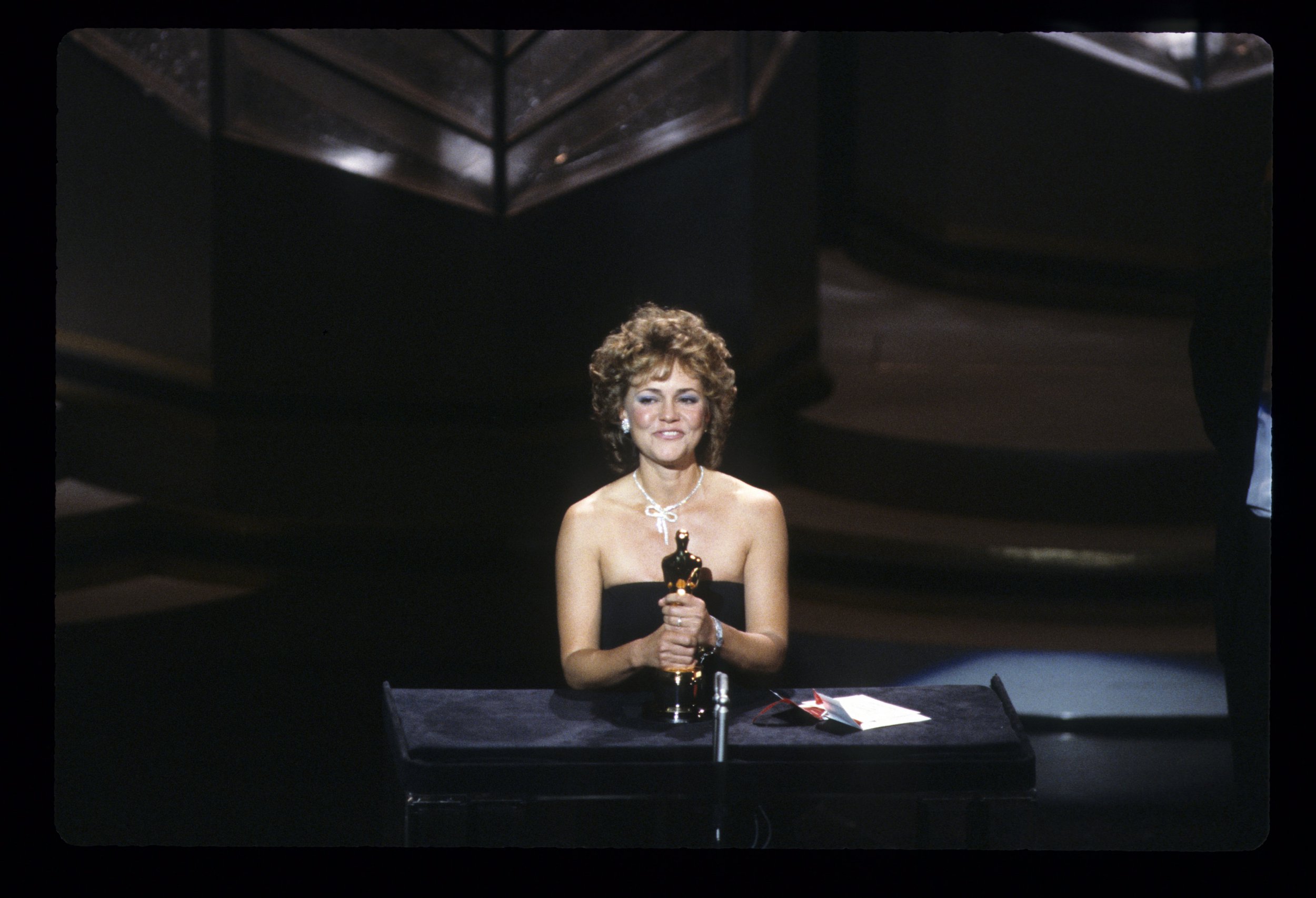
The differences between Britain and America are ‘complex and multifaceted’, she explains, but picks up on a relevant traditional one straight away – the value of individualism versus collectivism.
‘Americans tend to place a greater emphasis on achievement and self-expression. In contrast, Britons tend to place more value on social harmony and group loyalty. We have seen this reflected in award ceremonies over the years: the glitz and boldness of the Americans in contrast to the formality and tradition of the British.’
She continues: ‘Some of the British reaction may therefore be to do with the boldness of an “opening number” and the informality of “backstage chats” jarring with the more stereotypical British values of following tradition and being reserved about doing so. This is quite different to American value of individual expression and celebration of difference.’
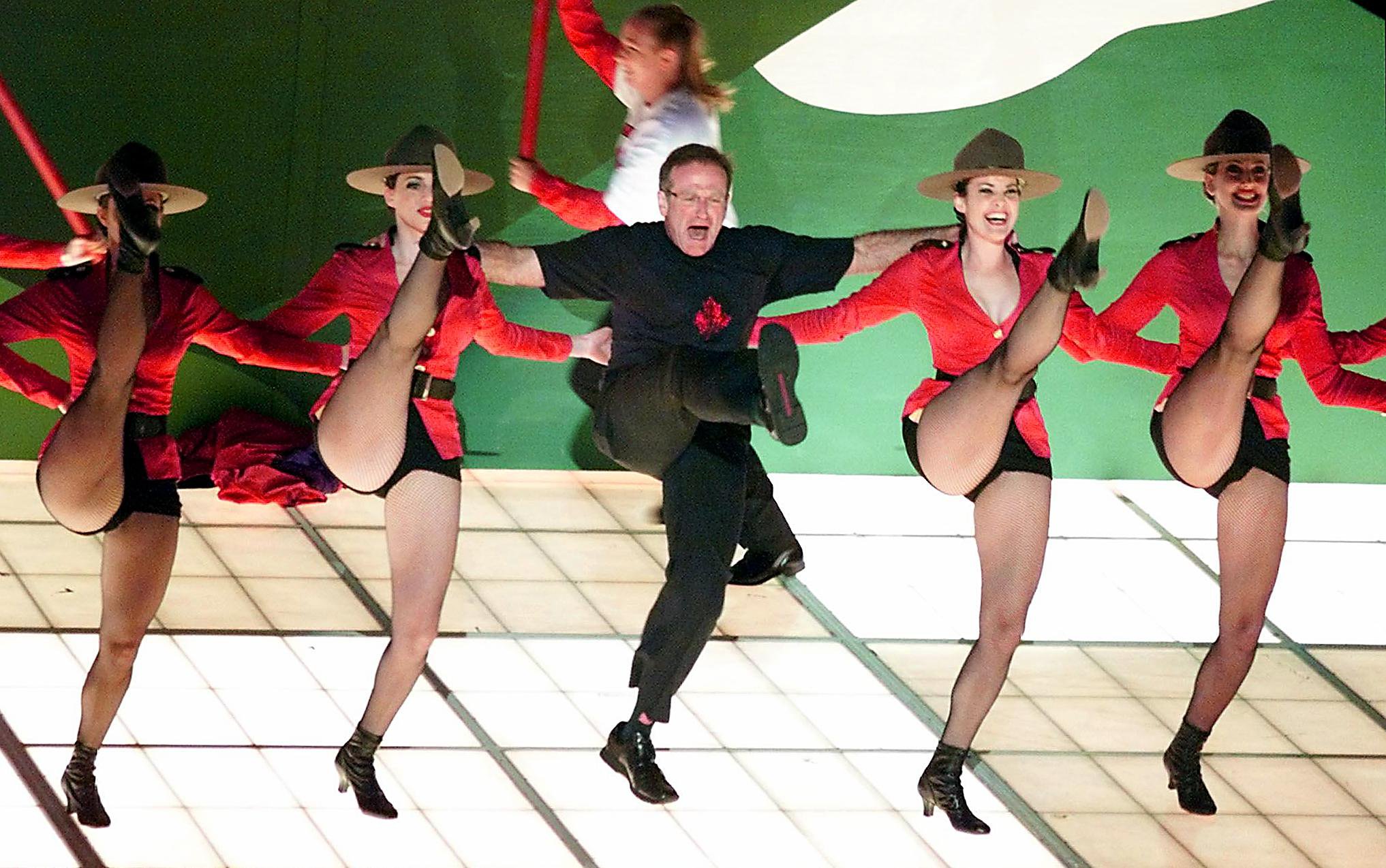
Turning to those who had a more negative reaction to the Baftas, Dr Bishop suggests that its useful to reflect on ‘where those feelings are coming from’.
‘Sometimes strong emotions of dislike can be a sign of an unmet need or desire. In this way, if we find ourselves “hating” the idea of bold self-expression championed by individualistic cultures, it might be a sign that deep down we have an unmet need for exactly that.
‘So, if we hated the opening number because it was “too informal” or “silly” is that because we would never, ever allow ourselves to be that way, but actually, subconsciously, we think it would be quite nice if we could?’
Does that therefore mean that we Brits have in fact succumbed to that old playground tradition when it comes to the glitzy showbiz events, where if you like somebody (or something), you tease them? So it would appear.
And as Sally Field famously finished her (no doubt cringe-inducing) best actress acceptance speech in 1985 for Places in the Heart: ‘I can’t deny the fact that you like me – right now, you like me!’




















